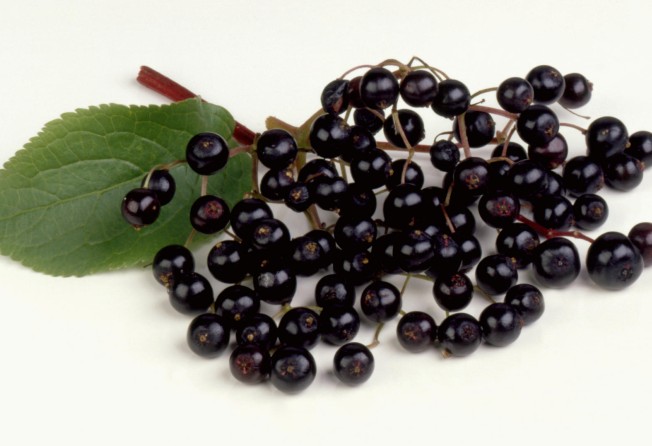
Take elderberries for post-flight colds; how common chemicals may raise cancer risk
A clinical trial shows that an elderberry supplement can reduce the duration and severity of cold and flu-like symptoms following long-haul flights. Plus other health news

Elderberry extract benefits air travellers: Pop some elderberries into your summer holiday suitcase. A clinical trial shows that an elderberry supplement can reduce the duration and severity of cold and flu-like symptoms following long-haul flights. The study involved 312 passengers travelling from Australia to an overseas destination. Participants were divided into two groups, with one group consuming capsules containing 300mg of an elderberry extract shown to be effective in working against respiratory bacteria and flu viruses. Participants kept a daily diary of cold episodes, duration and symptoms and completed surveys before, during and after travel. "We found that most cold episodes occurred in the placebo group, but the difference between the placebo and active group was not significant. However, the placebo group had a significantly higher number of cold episode days, and the symptom score in the placebo group over these days was also significantly higher," says associate professor Evelin Tiralongo of Griffith University's Menzies Health Institute Queensland.

Soya bean oil causes more obesity than coconut oil and fructose: A diet high in soya bean oil causes more obesity and diabetes than a diet high in fructose, a sugar commonly used in soda and processed foods, according to a new paper by scientists at the University of California, Riverside. The scientists fed male mice a series of four diets of equivalent calories that contained 40 per cent fat, similar to what Americans currently consume. The first diet used coconut oil and in the second diet about half the coconut oil was replaced with soya bean oil, a main ingredient in vegetable oil. The other two diets had added fructose, comparable with the amount consumed by many Americans. Compared to mice on the first diet, mice on the second diet gained almost 25 per cent more weight, had larger fat deposits, a fatty liver with signs of injury, diabetes and insulin resistance. Mice on the fructose-enriched diet gained 12 per cent more weight than those on the diet rich in coconut oil. Fructose in the diet had less severe metabolic effects than soya bean oil, although it did cause more negative effects in the kidney and a marked increase in prolapsed rectums, a symptom of inflammatory bowel disease.

Common chemicals may act together to increase cancer risk, study finds: Common chemicals assumed to be safe at low doses may act separately or together to disrupt human tissues in ways that eventually lead to cancer, according to a group of nearly 200 scientists from 28 countries. In a nearly three-year investigation into the state of knowledge about environmentally influenced cancers, the scientists studied 85 common chemicals not considered carcinogenic in humans. The chemicals included bisphenol A (BPA), a plastic used in food and drink containers; rotenone, an insecticide; paraquat, an agricultural herbicide; and triclosan, an antibacterial agent used in soaps and cosmetics. The researchers learned that 50 of the 85 chemicals had been shown to disrupt cells in ways that correlated with known early patterns of cancer, even at the low levels to which most people are exposed. The findings also suggest the molecules may be acting in synergy to increase cancer activity, says William Bisson, an assistant professor and cancer researcher at Oregon State University and a team leader on the study.